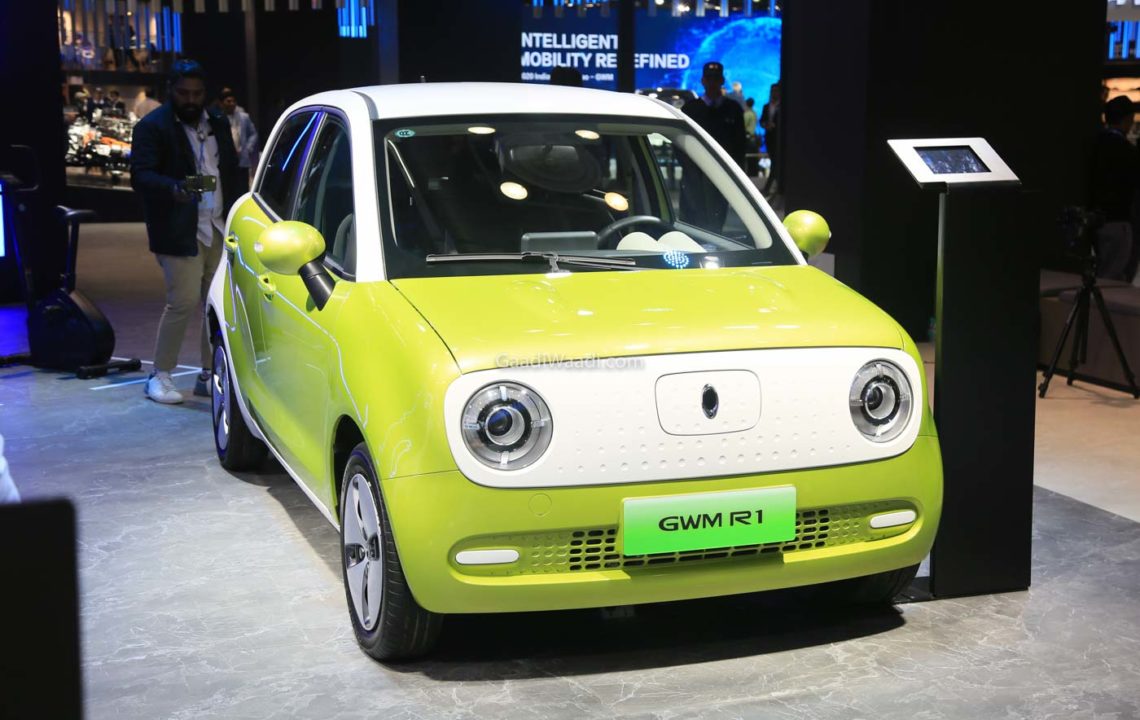China is emerging as the global leader in affordable electric vehicles (EVs), according to a recent report by S&P Global Ratings and S&P Global Mobility. This dominance stems from a combination of government support and a robust market offering a wide range of budget-friendly EVs.
The report highlights the contrasting situations in China and Western markets. In China, the price gap between battery electric vehicles (BEVs) and traditional gasoline-powered cars is rapidly closing. This trend, coupled with generous government incentives, has fueled rapid EV adoption. The report cites a staggering 25% BEV penetration rate in China during the first quarter of 2024, a testament to the country's aggressive shift towards electric mobility.
Several factors contribute to China's cost advantage in EV manufacturing. The country boasts a well-established electric car supply chain, with a strong domestic battery industry. This translates to lower production costs for key EV components. Additionally, the Chinese government actively promotes domestic EV production through subsidies and tax breaks for manufacturers.
Western markets, on the other hand, face a steeper climb in their EV transition. Higher production costs, particularly for batteries, continue to make EVs a less price-competitive option compared to gasoline vehicles. Furthermore, the scaling back of government incentives in some Western countries is adding another layer of challenge.
While China's lead in affordable EVs is undeniable, the report also acknowledges potential roadblocks. Concerns remain regarding the long-term sustainability of government subsidies and the environmental impact of battery production within China. Additionally, competition from other Asian countries like South Korea and Japan, which are also making significant strides in EV development, should not be discounted.
Looking ahead, the report predicts that China's dominance in the affordable EV market will likely continue in the near future. However, the long-term landscape remains dynamic. The success of the global EV transition will depend on sustained government support in key markets, advancements in battery technology to bring down costs, and addressing environmental concerns throughout the EV supply chain.

